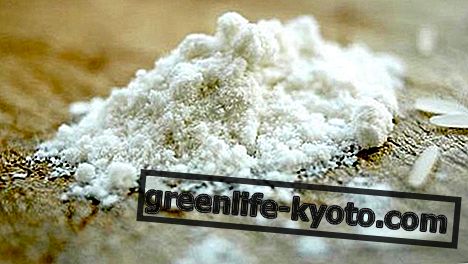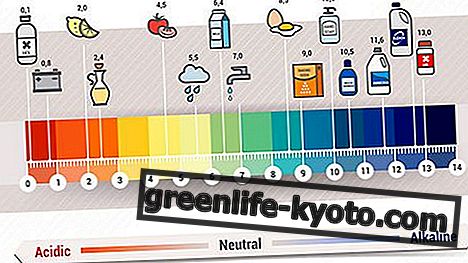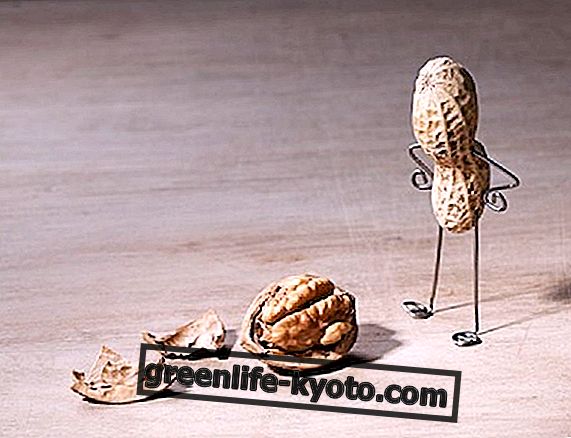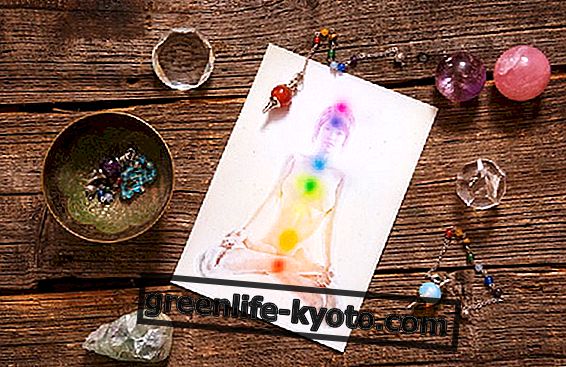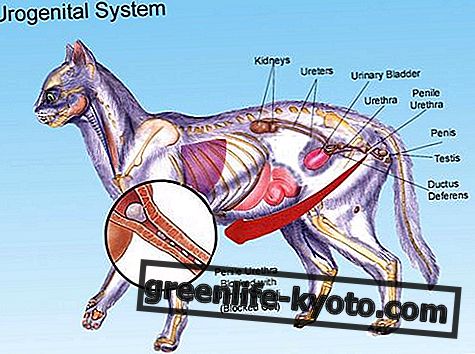
The Bach flowers for depression have been identified by Edward Bach, to alleviate the sense of profound sadness that accuses the person subject to what is now called the evil of our century .
According to the forecasts released by the WHO (World Health Organization), in 2020 the depression will represent the second cause of disability in the world, immediately after cardiovascular diseases.
The so-called " living sickness " affects mainly the female gender, but it is estimated that, in Italy, one in four adults in the course of life is affected by an episode of serious depression.
Currently, statistics speak of around 60 million people affected only on the European continent and, by now, of all age groups. Of these, more than half are affected by a severe and disabling form.
Depression is defined as a mood disorder, characterized by a series of physical symptoms ( such as diabetes, hypertension and cardiovascular diseases), behavioral and psychological in nature which, taken together, are able to decrease the tone of the mood, debilitating the person and undermining his ability to adapt. It may present as a disorder in its own right or an additional symptom of other diseases.
You can manifest alterations of sleep, food and sexual disorders, in addition to the difficulty of concentration, to make decisions or indifference to what once interested or passionate about.
Even aromatherapy helps fight the symptoms of depression
Bach flowers for depression
The Bach flowers for depression act on its different forms . In fact, depending on the duration, the cyclical nature and the severity of the disease we speak of reactive depression, when it is caused by a known and particularly dramatic event; major depression, which affects about 5% of the population every year and which, unlike a normal feeling of sadness or a passenger with a bad mood, presents characteristics of chronicity, to the point of drastically interfering with emotional states and physical health.
When real, physical or psychological causes that justify its presence are not found, one speaks instead of endogenous depression .
- Gentian for reactive depression. A mourning, a disease, a separation, a failure make you lose serenity and fall into depression, losing confidence and hope. The depression that one experiences is motivated by precise and known events that induce in the person the feeling that it is useless to fight: he lets himself be overcome by every single problem, stopping in action. It is discouraged and easily falls to the first obstacle, and for any unexpected event. He feels like he's on the brink of a precipice, without the strength to step back. Emotionally he feels demoralized, skeptical and pessimistic, he easily doubts his own ability to succeed, he complains and sets limits. The floral remedy transforms despair and disappointment into confidence in one's ability to succeed and overcome difficult moments.
- Mustard for endogenous type depression. It serves those who suffer from periodic and erratic crisis of sadness, despair and melancholy, for an unknown, unmotivated cause, without a clear origin, which suddenly arrives for days, weeks, or even months, until just as suddenly, disappears, without cause apparent. Depression can often appear when sunlight comes down, at sunset or in autumn, with adolescent cyclical melancholies, with menopause, senility. The subject never appears happy, because his desire to live and smile has disappeared and he lives in a state of painful impotence. It's all in the shade. The negative state can disappear, but remains in ambush. There seems to be no hope, remedy, or solution for him. He feels he has touched bottom, losing interest in life and pastimes. The flower transforms sadness into the joy of living, helping to restore the ability to face the ups and downs of life with balance. Serenity returns even in the dark.
- Wild Rose for major depression. Apathy is adopted as an emotional state so as not to feel pain anymore. Those who have lost the motivation, the interest, suffer from disappointed expectations, and renounce the struggle for life suffer. "Dead man Walking". Resignation, apathy, escape, passivity, fatigue, abulia, sadness, paralysis, surrender, indifference, poor vitality. Thanks to this flower we find interest in life, ability to fight, initiative, inner motivation, vitality and a sense of humor. We get rid of boredom, we learn to love life in all its parts, facing pleasures and pains head-on.
- Sweet Chestnut for acute depression. The sufferer experiences the dark night of the soul : a transitory state of extreme despair . There is a sense of imminent defeat, black pessimism, unbearable anguish, acute desolation, extreme, at the limits of survival. The person was usually serene, then suddenly the world collapses on him, sees only destruction and annihilation to face or suffer. At the beginning there are bad experiences of every kind . He does not attempt suicide, but feels desperate, helpless, exhausted. Sweet Chestnut restores confidence and impulses to great changes. The tension of anxiety is loosened. The ability to let the old die to welcome the new is reborn.
- Gorse for chronic depression . Caused by long-lasting physical illnesses and made harder by continuous pain, a serious debilitating disease of one's own or others, a personal situation seriously compromised by situations that induce the individual into a state of profound physical and moral prostration . The insomniacs suffer, the patients in the terminal phase. People live their condition in a desperate way and abandon all hope, they resign themselves to resign and give rise to chronic depression and despair. The subject has certainly suffered great pain and is waiting for a "miracle or magic" from the outside, which will never come. He held on as long as he could, and now he can't love life anymore. He has lost the will to live and no longer has the energy to fight, also because he has well-founded reasons to feel like this, generally they are chronic situations. The flower is for those who, for what founded reason, feel incurable, because they transform desperate resignation into acceptance because they teach us to face reality with strength and optimism.
Try Bach flowers against spring apathy
To know more:
> Homeopathic remedies for depression

